ACSOBA questions editorial framing in ST report on Cambodia scam suspects
The ACS Old Boys’ Association has criticised The Straits Times for highlighting a suspect’s alma mater, ACS(I), in a report about a scam syndicate, arguing that the selective mention creates misleading associations.
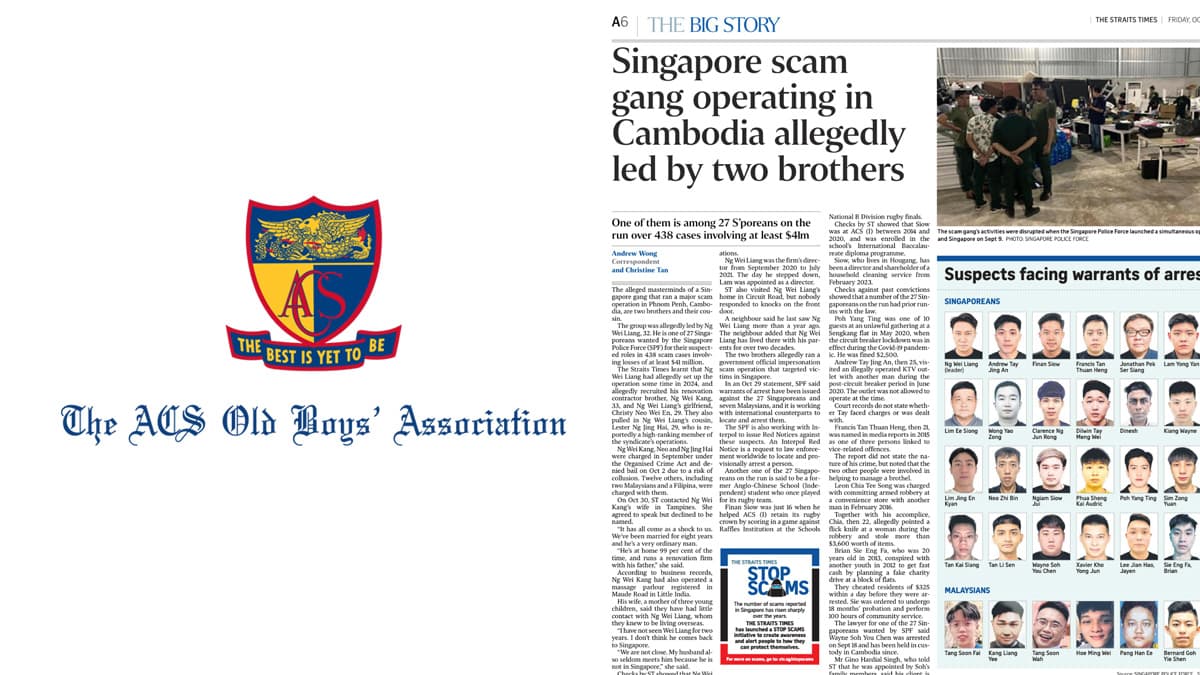
- ACSOBA criticised ST for highlighting ACS(I) in a report on scam suspects without naming other schools.
- The Association says the framing creates unfair associations with criminal conduct.
- ST’s editorial choice sparked concern among alumni, prompting a formal request for change.
The Anglo-Chinese School (Independent) Old Boys’ Association (ACSOBA) has issued a formal letter to The Straits Times (ST), expressing concern over what it describes as selective and potentially misleading editorial framing in an article published on 30 October 2025.
The article in question, titled “Singapore scam gang operating in Cambodia allegedly led by two brothers”, included the names and backgrounds of 27 Singaporeans wanted by the police for their alleged involvement in a major scam syndicate operating out of Phnom Penh, Cambodia.
Among the details reported, ST specifically highlighted that one suspect, Finan Siow, was a former student of Anglo-Chinese School (Independent), also known as ACS(I). Siow was also noted to have played for the school’s rugby team during his time there.
No other educational institutions were mentioned for the other 26 individuals listed in the report.
In a letter dated 31 October, addressed to Editor-in-Chief Wong Wei Kong of the SPH Media English/Malay/Tamil Media Group, ACSOBA argued that this selective mention created an “unnecessary and unfair association” between the school and criminal activity.
The Association pointed out that in the digital version of the article, Siow’s name appeared alongside captions such as “legal trouble” and “criminal history” applied to other individuals.
While acknowledging the importance of factual reporting, the ACSOBA Management Committee asserted that the way these captions were presented – particularly the use of “Former ACS(I) student” as a prominent label – implied that the suspect’s schooling was of similar relevance to previous criminal conduct or legal infractions.
The letter stated:
“Although each caption may be factually accurate in isolation, the juxtaposition suggests that being a former student of ACS(I) is a noteworthy trait of comparable significance to having a criminal record.”
ACSOBA expressed concern that the framing might mislead readers to believe the school was being deliberately singled out, or that there was an implicit suggestion of a link between the institution and criminal behaviour.
The statement added that this had “caused understandable concern among our Alumni and the broader school community”.
The Association has asked The Straits Times to reconsider its editorial decision, suggesting either the removal of the school’s name or the consistent application of such background details to all individuals named in the report.
ACSOBA further noted that as a publication funded by taxpayers, ST bears a responsibility to maintain balanced and impartial reporting.
The letter concluded by expressing appreciation for the paper’s attention to the matter and requesting a response.
The original ST article detailed an ongoing investigation into a syndicate allegedly run by two brothers, Ng Wei Liang and Ng Wei Kang, who were among the 27 Singaporeans wanted by the Singapore Police Force (SPF) in relation to 438 scam cases involving losses of at least S$41 million.
SPF is reportedly working with Interpol to issue Red Notices and liaising with international counterparts to locate and apprehend the suspects.
The report also provided individual background details of several suspects, including past convictions, business activities, and personal affiliations. These included incidents such as unlawful gatherings during the COVID-19 circuit breaker period, vice-related offences, and prior fraud attempts.
In contrast to Siow’s case, the previous criminal conduct of some other suspects was listed without reference to their schools or academic history.


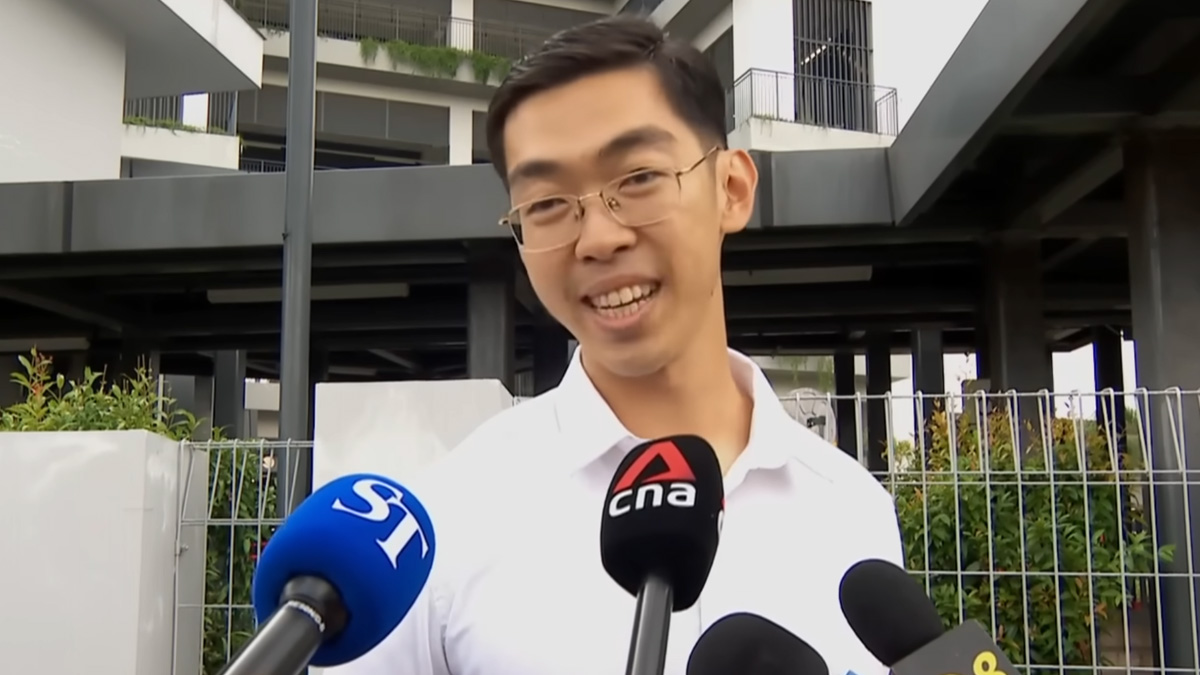
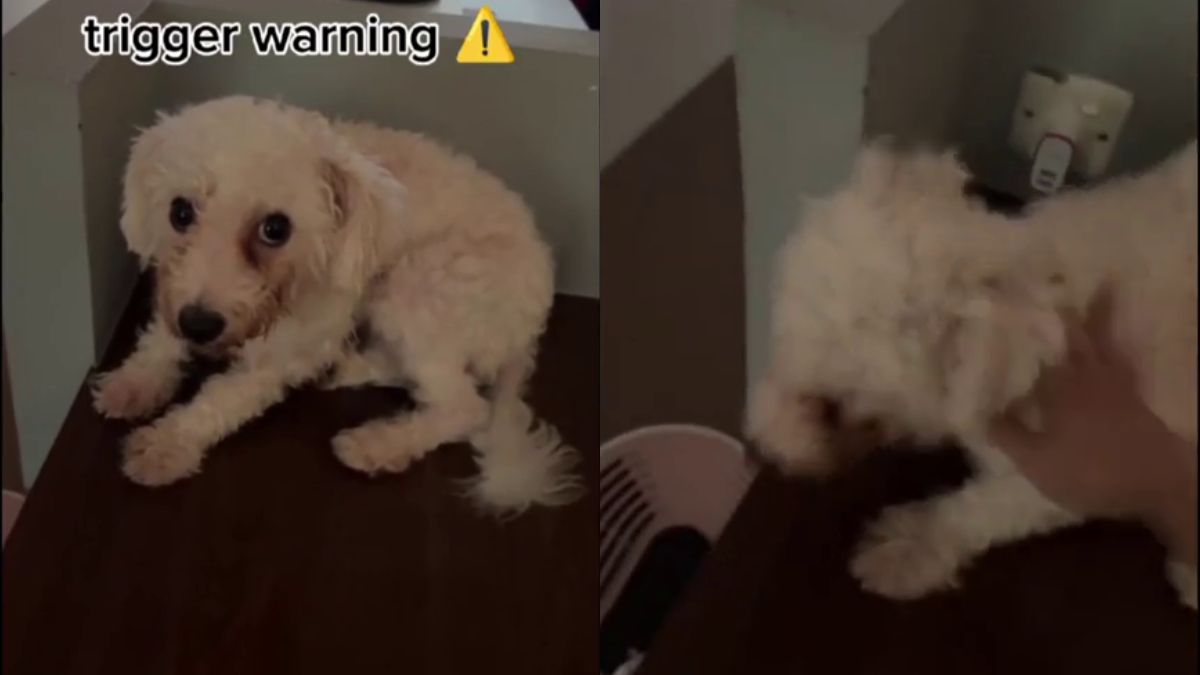
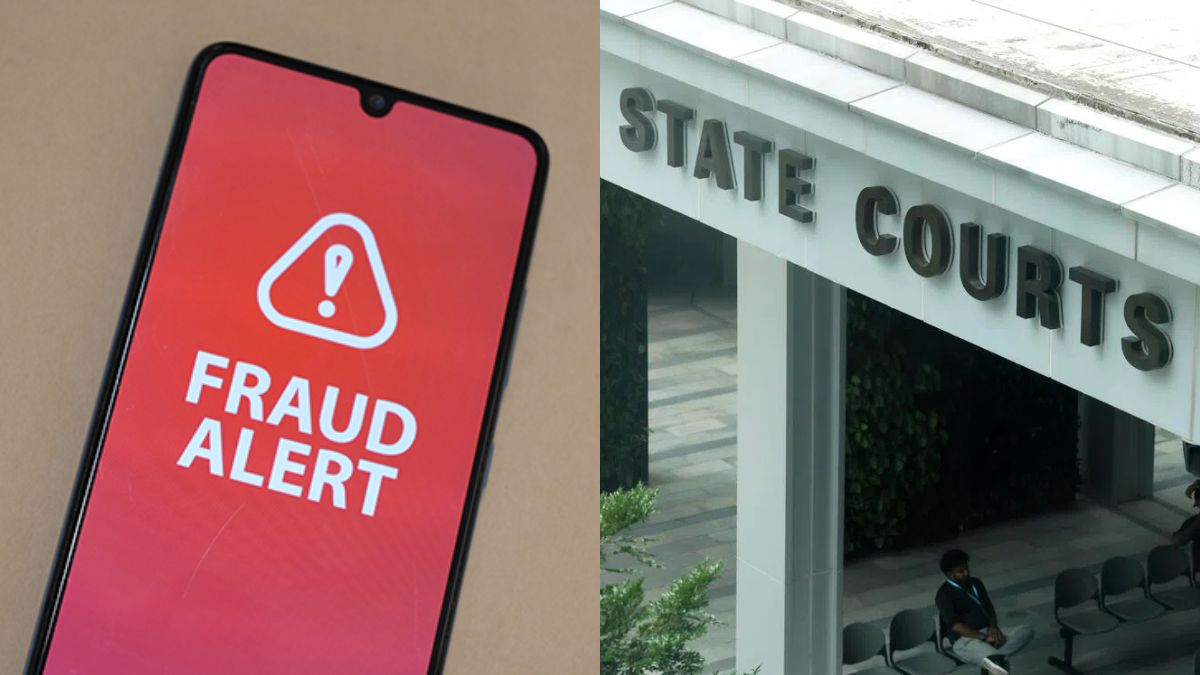

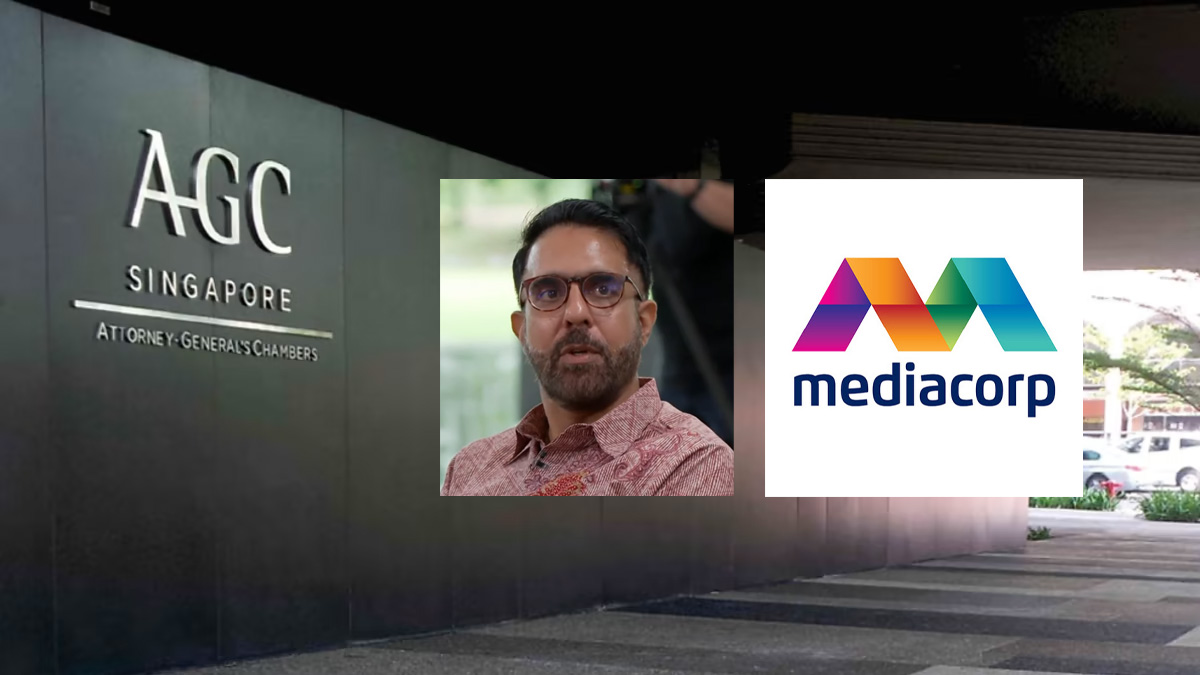

4 Comments